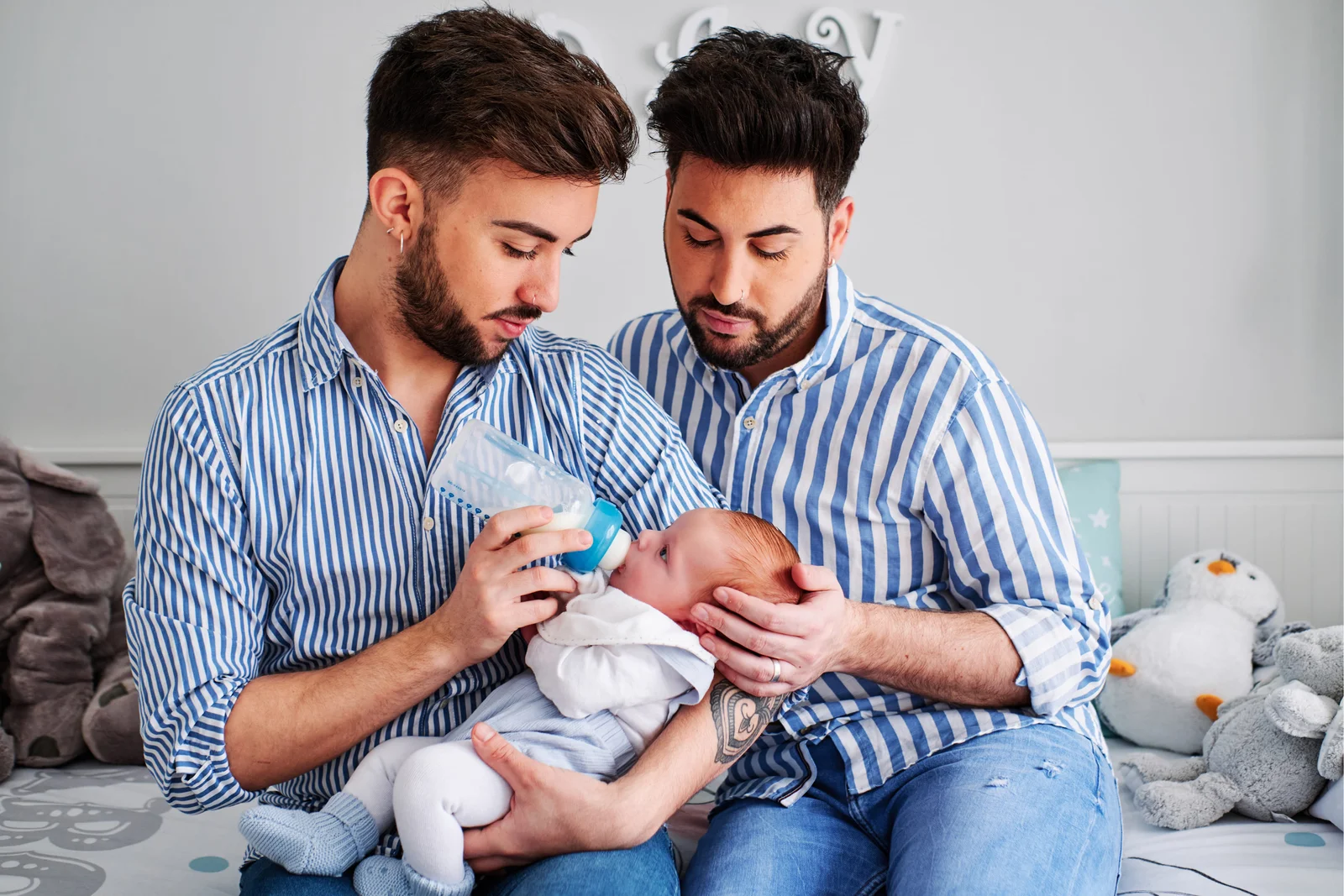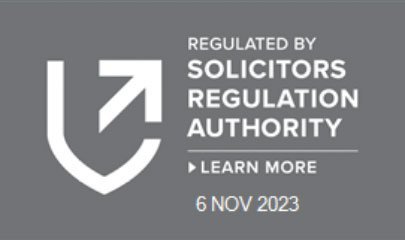What does the Mediator do?
The mediator’s primary role is to ensure all participants are able to voice their feelings and opinions, whilst avoiding arguments and keeping the momentum in negotiations. The mediator is impartial and will not take sides or give an opinion on any matters discussed between you. However, they will explain legal principles and help you to identify and explore different options, so that you can make informed decisions.
What are the benefits of Mediation?
Mediation has many benefits, not least that it is usually cheaper and quicker than other methods of reaching settlement. You may be able to resolve differences with only a few sessions of mediation, whereas court hearings can take months or even years. Because you reach your own agreements, you have the discretion to decide where you are willing to compromise, rather than having decisions thrust upon you. This enables you each to demonstrate a level of respect for each other and hopefully remain amicable after the process. Mediation should be a safe space to discuss differences. Discussions are without prejudice and confidential between the parties and the mediator.
A mediator does not have the authority to make decisions on your behalf, you can choose to create a binding agreement at the end of the mediation. If you cannot reach agreement and the matter is taken to court, the content of the mediation will remain confidential, and the court will not be made aware of any of the details.
When is Mediation not appropriate?
Mediation is suitable for most types of family law dispute. The courts want you to reach your own agreement if you can, so participation in a Family Mediation Information and Assessment Meeting (MIAM) is now a requirement before making certain applications to the Family Court. There are circumstances in which mediation is not appropriate, such as where there has been coercive control or domestic violence in the relationship. In which case the MIAM will show that mediation is not a viable option for resolving your issues and it is necessary to involve the courts.
The key to a successful mediation is the mindset of the participants and your ability to make appropriate compromises in order to reach an understanding that is agreeable to you both.
Child Inclusive Mediation
Child Inclusive Mediation is an alternative means of resolving children matters, which can help you lay the foundations for a strong co-parenting relationship moving forward. Child inclusive mediators are specially trained to work with children and can assist by being a neutral party that can ascertain the child’s voice.
The practice is best suited to secondary school aged children, who are mature enough to know their own minds and have their own reasonable opinions about the situation. You can read more about child inclusive mediation here.
Mediation Funding
The Government is running a family mediation voucher scheme to help people with the cost of mediating disputes involving children. This is a time-limited scheme intended to support recovery in the family court and encourage more people to consider mediation, where appropriate. At the time of publishing, over 4,400 vouchers had been issued with 77% of cases resulting in a resolution. You can find more information about the scheme here.
**Update 16th January 2023: the Government extended the scheme until March 2023, so we recommend acting soon.**
Legal Advice
You are able to take independent legal advice at any stage of mediation and it is possible for a solicitor to attend mediation with you if you wish. We are able to help you prepare a legal proposal to present at mediation, review the legalities and fairness of proposals made to you and coach you through the process. To book a consultation with one of our team of divorce lawyers and children lawyers you can call us on 020 7993 2936 or make a Contact Request here.
Alternatively, you can Get Started Online to receive a Free Confidential Report outlining your position.































































